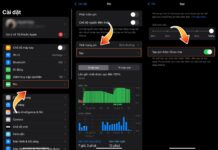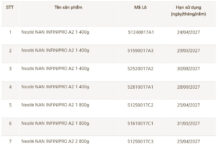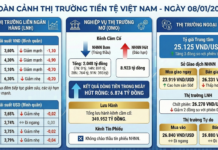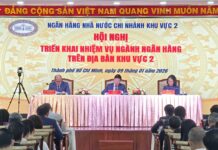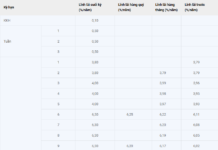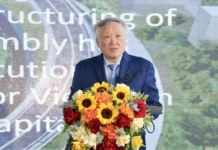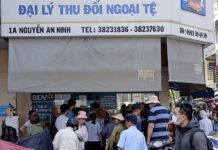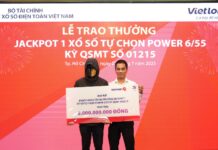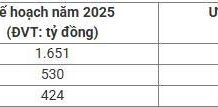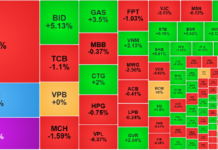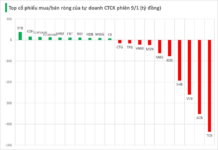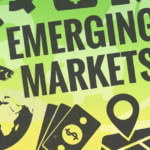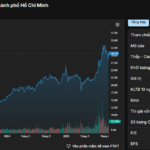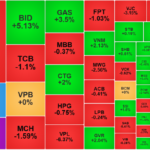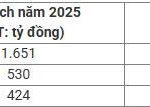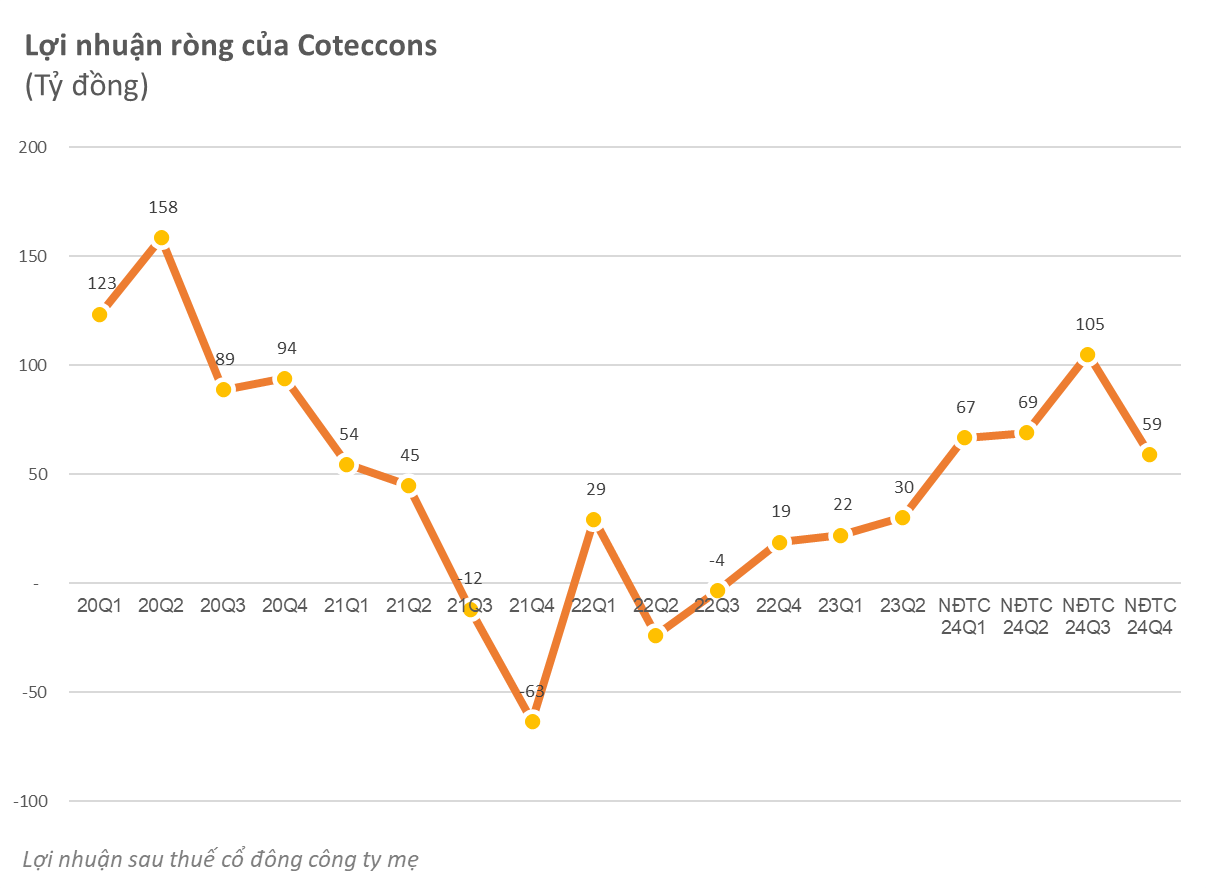Vietnamese regulatory bodies have been actively implementing technical solutions to address challenges faced by foreign investors. However, resolving technical barriers is only a necessary condition. The sufficient condition, and the decisive factor for a successful market upgrade, lies in the intrinsic quality of the market’s constituent “cells”: the listed companies.
Vietcombank, Vietnam’s leading commercial bank with a long history and pioneering role in finance, has demonstrated steady profit growth in recent years. It has also led the way in adopting Basel II risk management standards, enhancing financial reporting transparency, and adhering to OECD corporate governance principles.
FPT is another prime example of modern governance. From a domestic tech company, FPT has expanded into a global conglomerate operating in over 30 countries. FPT regularly publishes sustainability reports, strengthens ESG governance, and focuses on establishing an independent board structure. As a result, FPT’s stock remains a priority in major funds’ portfolios, reflecting confidence in its growth prospects and operational transparency.
These cases illustrate that Vietnam’s stock market is witnessing the “evolution” of blue-chip stocks. Previously, blue-chip stocks were simply understood as large-scale companies with leading market shares. Today, to qualify as a new-generation blue-chip, companies must demonstrate standardized governance capabilities, transparency in information, and commitment to sustainable development principles.
In this trend, HDBank, whose HDB stock is part of the VN30 index, has emerged as a standout example. This highlights that adopting such practices is not only inevitable for industry leaders but also a long-term development strategy.
The “0% Chairman” Model: A Governance Milestone Shaping the New Blue-Chip Generation
On April 29, 2022, HDBank’s Board of Directors appointed Mr. Kim Byoungho, a seasoned South Korean financial expert, as Chairman of the Board. Notably, Mr. Kim holds no HDB shares, embodying the “0% Chairman” model—an advanced practice recommended by the OECD. This model completely separates ownership interests from oversight roles. When the Chairman is not influenced by shareholder interests, governance decisions become more objective and transparent.
Additionally, selecting a former CEO of Hana Bank (South Korea) demonstrates HDBank’s proactive approach to importing international knowledge and operational expertise, driving a governance leap.
The success of this strategy was quickly validated when HDBank received the Top 5 Award for Vietnamese Listed Companies with the Best Governance Scores according to the ASEAN Corporate Governance Scorecard (ACGS) in July 2025.
Over the past three years, HDBank—led by its 0% Chairman—has achieved a compound annual growth rate exceeding 25%.
Outstanding Growth and Modern Governance
In 2021, the last fiscal year before Mr. Kim Byoungho’s appointment, HDBank’s pre-tax profit (PTP) reached 8,070 billion VND. In 2022, PTP surged 28.2% to 10,268 billion VND, marking the first time the bank surpassed the 10,000 billion VND profit milestone. This growth momentum continued in 2023, with PTP reaching 13,017 billion VND (up 26.8%), and in 2024, it hit 15,850 billion VND (up 21.8%).
In the first half of 2025, HDBank achieved 8,710 billion VND in PTP, an 18% increase year-on-year, laying a solid foundation for another record-breaking year.
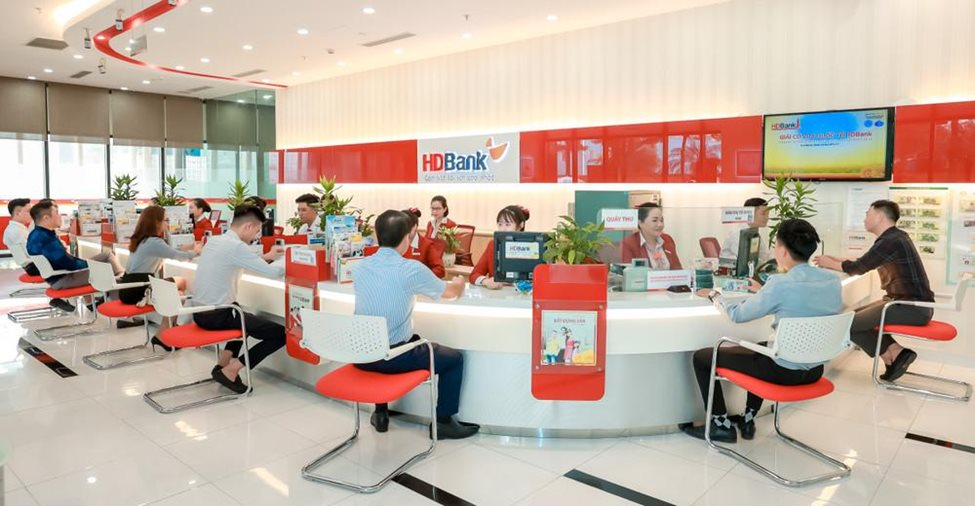
A testament to its governance quality is HDBank’s ability to manage risk alongside operational efficiency. The bank continues to lead the industry in operational efficiency, with a return on equity (ROE) of 26.5% and a return on assets (ROA) of 2.2%. Non-performing loans (NPLs) remain low at 1.94%, and the capital adequacy ratio (CAR) exceeds 13% (Basel II standards). Other safety metrics are also well-maintained compared to industry benchmarks.
Notably, HDBank’s outstanding loans surpassed 517,000 billion VND, up 18.2% year-to-date and nearly double the industry average growth of 9.9%. These loans are directed toward priority sectors such as infrastructure, manufacturing, and consumer lending, which are key drivers of economic growth with low risk.
The bank actively implements major programs aligned with government and central bank directives, including social housing loans, credit for digital infrastructure, agricultural technology, and green finance initiatives.
These figures, sustained through a volatile economic cycle from 2022 to the present, are the direct result of an independent governance model. Decisions are based on data analysis and long-term strategies aligned with international standards.
Vietnam’s Blue-Chips and the Key to Market Upgrade
Historically, the creation of the first blue-chip generation was tied to the equitization of state-owned enterprises or large private companies, distinguished by their asset size and market share. Today, capital flows, especially international capital, scrutinize not only scale but also governance quality, transparency, and ESG standards. HDBank exemplifies this “Blue-chip 2.0” generation.
International investment funds allocating capital to emerging markets seek assurances of safety, transparency, and minority shareholder protection. This trust cannot be built solely through regulatory frameworks but must be demonstrated through the actions of listed companies.
A critical criterion for market upgrade evaluation is the extent of foreign ownership limits. This remains a bottleneck in Vietnam, particularly in sensitive sectors like banking. HDBank’s active participation in restructuring the banking system, as mandated by the government and central bank, presents a unique opportunity: it could become one of the few commercial banks allowed to raise foreign ownership to 49%. If realized, this would not only strengthen HDBank’s domestic position but also set a positive precedent for market openness and attractiveness to foreign investors.
The upgrade journey is a collaborative effort. While the government and regulators build the “hardware” of infrastructure and legal frameworks, the “software” of trust, transparency, and quality must be cultivated by companies. HDBank’s story, starting with the “0% Chairman” and validated by impressive financial results, demonstrates that investing in international-standard governance is not a cost but a strategic investment in the future of a market aspiring to global integration.
Time to Craft Your Post-Upgrade Adaptation Story
After a seven-year wait marked by numerous delays, Vietnam’s stock market is closer than ever to achieving an upgrade to Secondary Emerging Market status by FTSE Russell. Decisive actions from regulators have ignited significant expectations, while simultaneously raising a critical question for investors and the entire market: What comes next after the upgrade? How should stakeholders prepare to capitalize on opportunities and navigate challenges post-upgrade?
Savills Expert: Addressing Land Use Costs to Cool Down Housing Prices
The Hanoi residential real estate market is showing signs of recovery, yet prices remain stubbornly high. What’s holding back a full-scale supply surge, despite the enactment of key land and housing laws?


